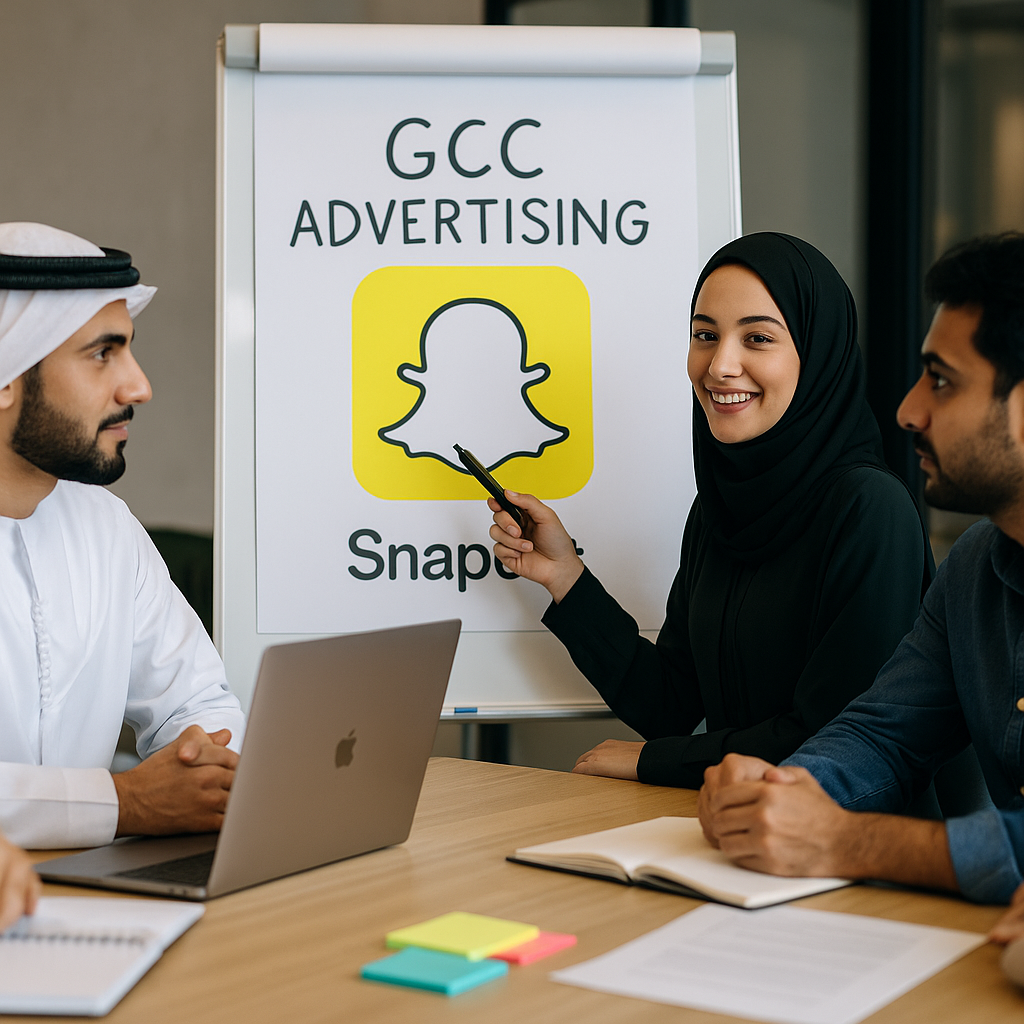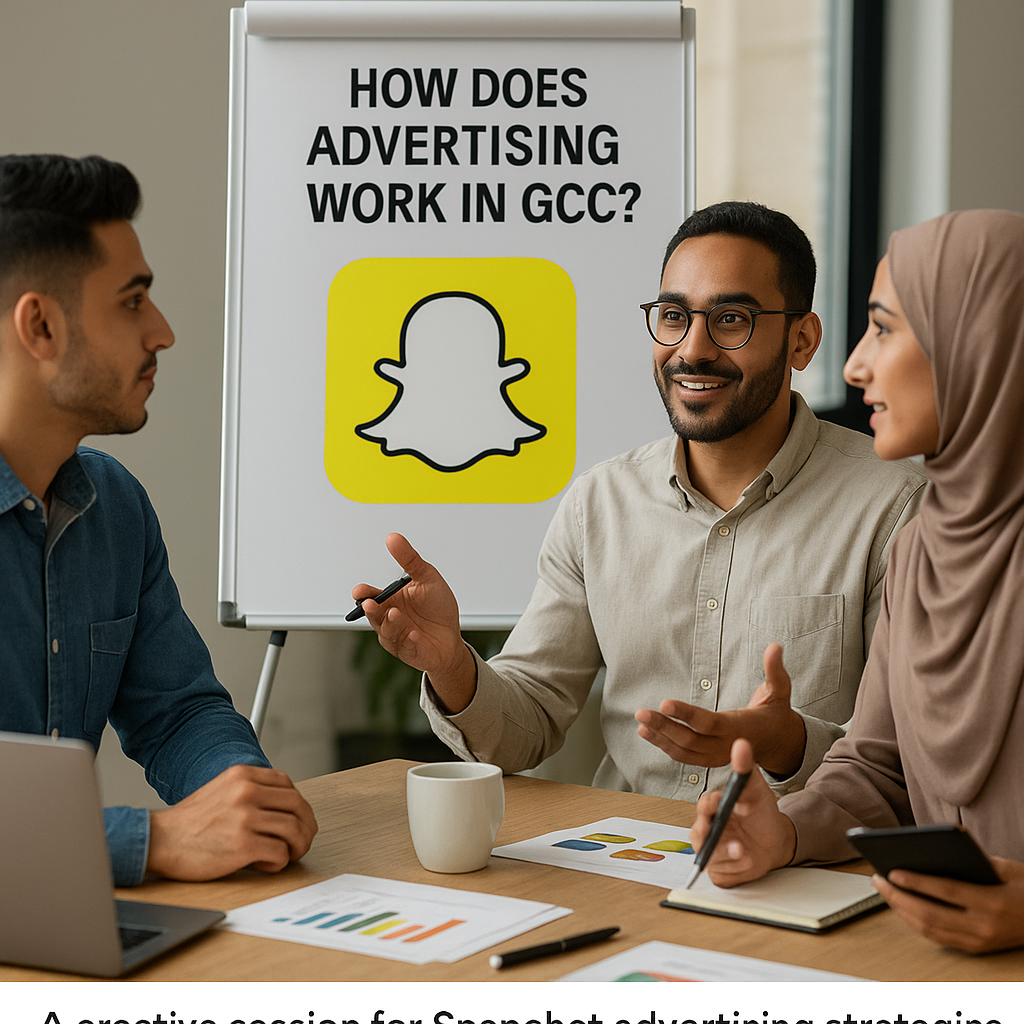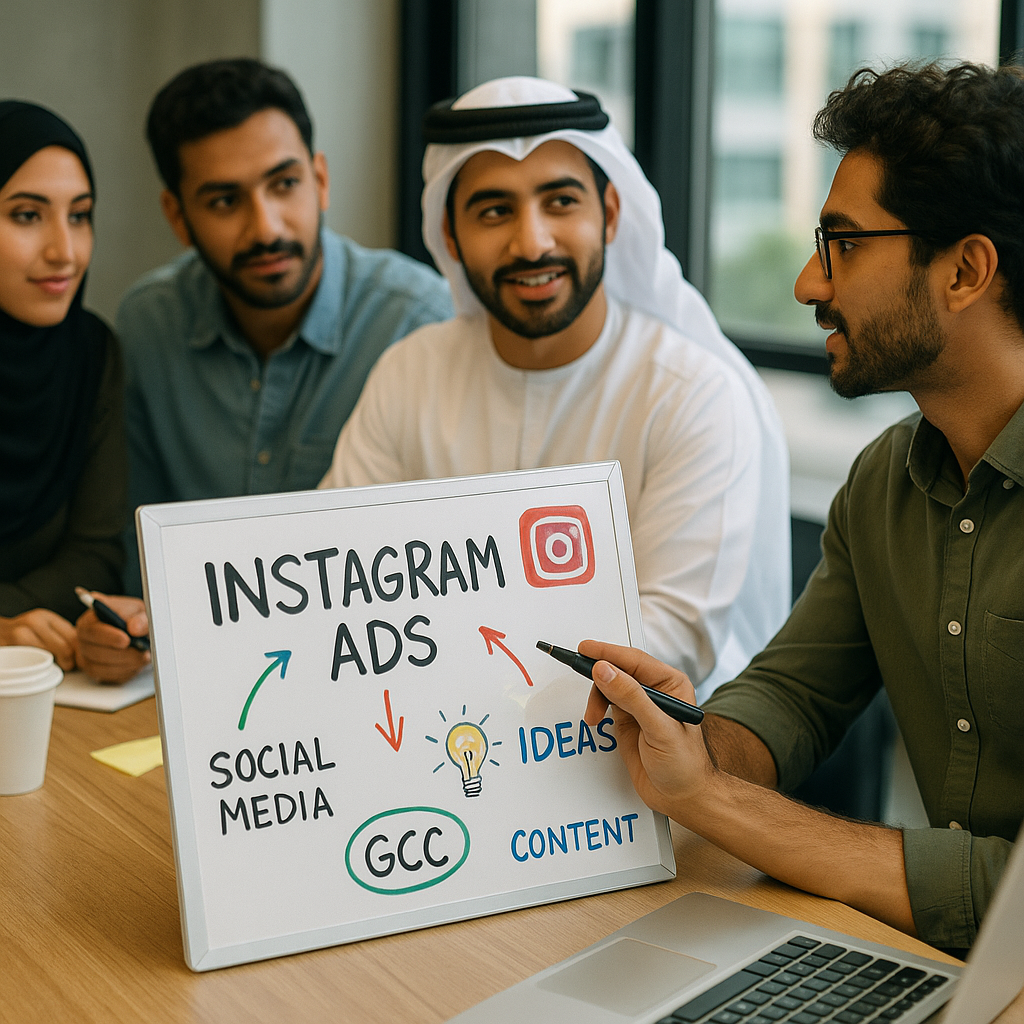How Does Advertising Work in GCC?
The Gulf Cooperation Council (GCC), comprising six member states—Saudi Arabia, the UAE, Oman, Qatar, Kuwait, and Bahrain—has seen a remarkable evolution in its advertising landscape. With a blend of traditional and digital marketing strategies, businesses are leveraging various platforms to reach their target audience and drive growth. In this article, we will explore how advertising works in the GCC, focusing on digital marketing’s impact on business visibility and growth.
The Shift from Traditional to Digital Advertising
Traditionally, advertising in the GCC relied heavily on print media, television, and radio. However, with the rapid growth of the internet and mobile usage in the region, businesses are shifting towards digital channels. According to recent studies, over 90% of the population in the GCC is active on social media platforms.
This transition from traditional advertising to digital marketing allows companies to reach a broader audience. Digital marketing methods, such as social media advertising, search engine optimization (SEO), and content marketing, are becoming essential tools in enhancing visibility and driving sales. The Content Marketing Institute defines content marketing as a strategic approach focused on creating valuable and relevant content to attract and engage a clearly defined audience. This strategy plays a crucial role in the GCC’s advertising landscape.
The Role of Social Media
Social media platforms like Facebook, Instagram, Twitter, and Snapchat have become critical channels for advertising in the GCC. These platforms allow businesses to engage with their target audience in real time. For instance, brands can launch campaigns targeting specific demographics, such as age, gender, and location, improving the effectiveness of their advertising efforts.
Besides engagement, social media advertising offers insight into audience behavior. Companies can track metrics such as likes, shares, and comments, allowing them to tweak their strategies based on recipient feedback. The advantage of social media in the GCC is evident; brands can build communities around their products, enhancing customer loyalty and trust.
Search Engine Marketing (SEM) and SEO
Another essential aspect of digital marketing in the GCC is search engine marketing (SEM) and search engine optimization (SEO). With numerous businesses competing for visibility online, it’s crucial for companies to rank high on search engines like Google.
SEO involves optimizing website content to appear in organic search results, while SEM typically refers to paid advertising on search engines. Both strategies are vital in the region’s advertising landscape. The GCC countries have witnessed a surge in online searches, making it essential for businesses to invest in these techniques.
Many organizations are recognizing the positive effects of SEO and SEM on their marketing campaigns. For example, companies can enhance their visibility by targeting local keywords that cater specifically to the GCC audience. This localized approach allows businesses to attract relevant traffic and potentially convert visits into sales.
Understanding Content Marketing in the GCC
Content marketing is an invaluable component of the digital strategy for businesses in the GCC. It emphasizes creating informative and engaging content that resonates with the audience, providing a deeper connection between the brand and consumers. The Meltwater Blog highlights that successful content marketing can result in high customer engagement, leading to improved conversion rates.
In the GCC, successful content marketing strategies often involve integrating visual and video content to captivate audiences. Infographics, animated videos, and interactive posts can significantly enhance user engagement, especially among younger demographics. Brands utilizing platforms like YouTube can tap into a vast audience base and convey their messages in more relatable formats.
The Importance of Influencer Marketing
Influencer marketing has gained momentum in the GCC, with businesses recognizing the power of social media influencers to promote their products. Many Gulf states have a diverse range of influencers, from fashion to technology, making it easy for brands to partner with individuals who resonate with their target audience.
Working with influencers allows brands to reach a more engaged audience directly. Influencers have built trust with their followers, and when they promote a product or service, it often leads to higher conversion rates than traditional advertising methods. The LinkedIn article by Seif Eddine Saci discusses how businesses can leverage influencer marketing effectively to drive sales and grow their brands in the GCC region.
Challenges of Advertising in the GCC
Despite the favorable advertising environment in the GCC, businesses face unique challenges. Cultural sensitivity is paramount when creating marketing campaigns in this diverse region. Advertisements must be respectful of local customs, traditions, and religious beliefs. Failure to do so can lead to public backlash and damage to a brand’s reputation.
Moreover, regulatory standards vary across the GCC countries, impacting how companies approach advertising. Each member state has distinct laws and guidelines governing advertising practices, which can present hurdles for businesses operating in multiple countries. To navigate this complex landscape effectively, brands should stay informed and adapt their advertising strategies accordingly.
Measuring Advertising Success
Tracking and measuring the success of advertising campaigns is vital for businesses in the GCC. Using analytics tools such as Google Analytics, brands can monitor website traffic, user behavior, and conversion rates. The insights gained from these tools allow businesses to refine their marketing capabilities and strategies continuously.
Regular evaluation of advertising campaigns helps companies understand what works and what doesn’t. By leveraging data, brands in the GCC can enhance their advertising efforts, ensuring that marketing strategies remain effective and relevant to their audience.
Conclusion
In conclusion, advertising in the GCC is evolving rapidly, driven largely by digital marketing’s capabilities. With the shift from traditional methods to digital platforms, businesses gain access to wider audiences and engage with consumers more effectively. Social media, search engine marketing, content marketing, and influencer partnerships are all crucial components of a successful advertising strategy in the region.
As the GCC continues to embrace digital transformation, businesses must adapt and strategize accordingly. Understanding the unique cultural landscape, overcoming challenges, and measuring success will be essential for brands seeking to enhance their growth and visibility in this vibrant region.
For more insights about content marketing strategies, check out StoryChief’s guide on content marketing.













